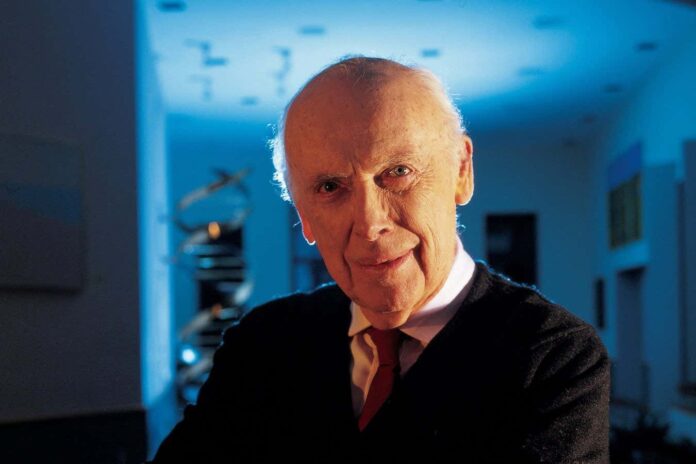James Watson, renowned for co-discovering the double helix structure of DNA, died at age 97. This groundbreaking work, achieved alongside Francis Crick and Maurice Wilkins in 1953, revolutionized biology and earned them the 1962 Nobel Prize in Physiology or Medicine. The discovery illuminated how genetic information is stored and transmitted, laying the foundation for countless advancements in fields like medicine, forensics, and agriculture.
Beyond his scientific contributions, Watson left a lasting impact through authorship. He viewed his books, particularly “The Double Helix,” as his most significant legacy. In “The Double Helix,” Watson vividly recounts the thrilling race to unravel DNA’s structure, offering a captivating glimpse into the world of scientific discovery. This personal account ignited public interest in genetics and inspired generations of aspiring scientists.
Watson’s career trajectory took him from groundbreaking researcher to influential institutional leader. He spearheaded Cold Spring Harbor Laboratory’s expansion, transforming it into a global hub for molecular biology research. However, his tenure was marked by controversy surrounding the Human Genome Project. Watson resigned after two years due to disagreements over patenting gene sequences.
Despite these accomplishments, Watson’s legacy remains deeply complex. The story of DNA’s discovery is interwoven with ethical dilemmas regarding scientific credit. Rosalind Franklin, whose crucial X-ray images provided vital insights into DNA’s structure, was tragically overlooked in the initial 1953 publication that secured Watson and Crick their Nobel Prize. While Watson later acknowledged Franklin’s contributions, the initial omission remains a stain on the history of this landmark discovery.
Further controversies arose from Watson’s outspoken and often insensitive remarks about other scientific disciplines and marginalized groups. These comments drew widespread condemnation and ultimately led to his retirement from Cold Spring Harbor in 2007.
James Watson’s story is one of remarkable intellectual brilliance intertwined with profound ethical ambiguities. He stands as a pivotal figure in the history of science, whose contributions profoundly shaped our understanding of life itself while simultaneously serving as a cautionary tale about the complexities of scientific advancement and the responsibility that accompanies groundbreaking discoveries.












































